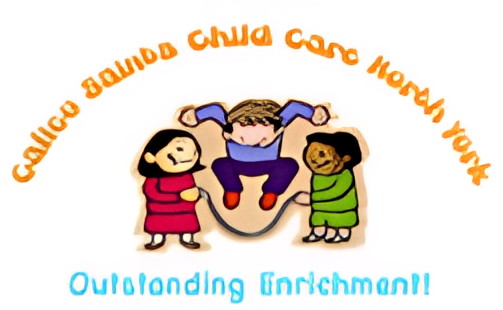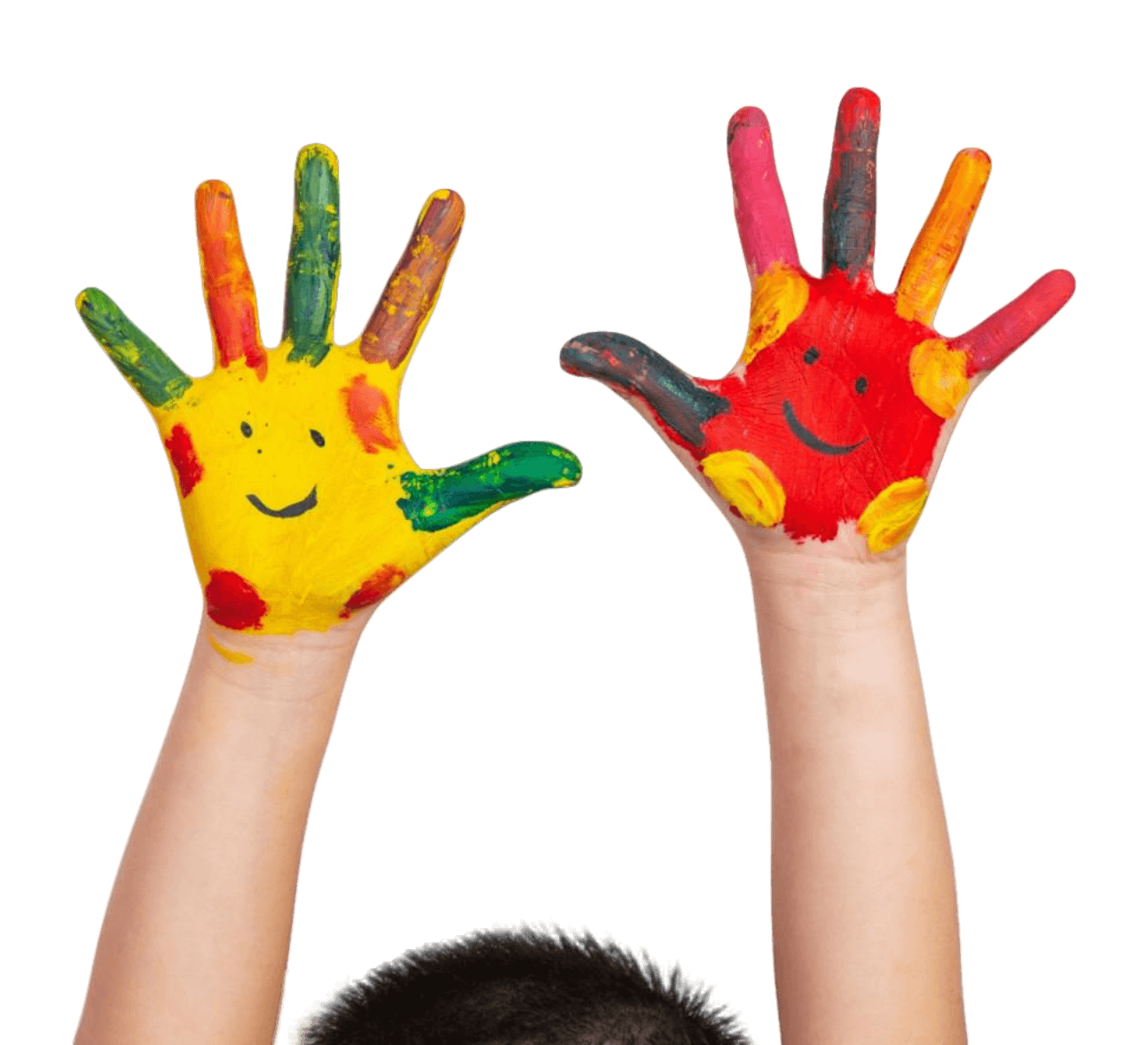Introduction to individual attention in early childhood development
Individual attention during early childhood is like giving your preschooler a superpower for their development. It’s more than just making sure they’re fed and clean. It’s about tuning into their specific needs, interests, and learning pace. Every kid is unique, like a fingerprint. They grow and learn in their own way. By paying close attention to each child, educators and parents can craft experiences that spark curiosity and encourage growth. This isn’t about hovering over them every second but being present and responsive. It sets a strong foundation for their emotional, social, and educational journey. Think of it as investing in a tailor-made suit versus buying off the rack – it just fits better. Individual attention supports kids in becoming confident learners, ready to explore and tackle challenges. It’s a game-changer in early childhood development.
Understanding the importance of individual attention for preschoolers
When it comes to helping your preschooler grow and learn, giving them individual attention is key. Think of it this way: every child is unique, with their own strengths, weaknesses, and pace of learning. By focusing on one child at a time, it’s easier to spot what they’re good at and where they might need some extra help. This doesn’t just apply to academic stuff like reading and math. It’s also about understanding their emotions and how they interact with others. Here’s the scoop – when kids get one-on-one time with an adult, they feel special and understood. This boosts their confidence, which is super important at this young age. They’re more likely to try new things, ask questions, and even make mistakes because they know someone is there to guide them. Plus, individual attention helps in tailoring learning experiences just for them, making it more likely they’ll grasp concepts faster and better. In a nutshell, giving your preschooler that one-on-one time sets them up for success in school and life. It’s an investment in their future, teaching them not just academic skills, but how to be curious, confident, and compassionate little humans.
How individual attention supports cognitive development
The right kind of one-on-one attention can work wonders for a preschooler’s brain, turning everyday moments into rich learning opportunities. When a teacher or caregiver focuses solely on a single child, they can tailor the learning experience to that kid’s unique interests and pace of understanding. This personalized approach makes learning more relevant and exciting for the child, often sparking a deeper curiosity and eagerness to explore. By targeting a child’s specific areas of interest or those where they might need extra help, individual attention supports cognitive skills like problem-solving, memory, and critical thinking. It’s like having a personal coach who not only understands where the child is at but also knows exactly how to challenge them just enough to stretch their cognitive abilities without overwhelming them. This close observation and interaction help the child feel seen and valued, boosting their confidence in their own abilities to learn and solve problems. So, in a nutshell, that one-to-one focus isn’t just a nice-to-have; it’s a powerful tool in developing a young mind that’s curious, confident, and ready to learn.
The role of individual attention in developing social skills
Individual attention plays a vital role in nurturing your preschooler’s social skills. When teachers or caregivers focus on a single child, they provide a secure environment where the child feels seen and heard. This boosts their confidence to interact with others, share thoughts, and express feelings. Children learn how to take turns, empathize with peers, and resolve conflicts through personalized interactions. Receiving one-on-one time helps them understand social cues and adapt their behavior in group settings. Essentially, individual attention lays the groundwork for healthy social development, preparing them for a lifetime of meaningful relationships.
Enhancing emotional intelligence through individual attention
Giving your preschooler individual attention does wonders for their emotional intelligence. This means they get better at understanding their own feelings and the feelings of others. It’s like giving them a toolkit for managing emotions, both theirs and everyone else’s. When a child feels seen and understood on a one-on-one basis, they learn empathy. They figure out how to share, take turns, and express their needs without throwing a tantrum. It’s not magic; it’s about being there, really listening, and responding in a way that shows you get them. This kind of attention teaches kids that their feelings matter and that they can manage them in a healthy way. Plus, they learn to recognize and respect the feelings of those around them. This is crucial stuff for making friends, getting along in school, and generally being a well-adjusted human being.
The impact of individual attention on language acquisition
Kids learn to talk at their own pace, but those who get more one-on-one time tend to pick up words faster. This isn’t just chit-chat; it’s backed up by educators and child development experts. When a teacher or a parent spends more time with a preschooler, the kid has a better shot at grasping language nuances. They learn new words, how to string them into sentences, and even the right context to use them. Think of it as a turbo boost for their vocabulary. This individual attention means correcting mistakes immediately and guiding them through complex language patterns in a way that group settings can’t match. The result? A child who’s not only good at catching words but also confident in using them. This is the core reason why parents and teachers should look to give as much one-to-one time as possible.
Techniques for providing individual attention in preschool settings
Preschool teachers can ensure each child feels valued through individual attention, a key to boosting their development. Here are some practical techniques to achieve this. Small Group Activities: By keeping groups small, teachers can tune into each child’s needs, offering more personalized guidance. One-on-One Time: Dedicating even a few minutes daily to each child can make a huge difference. It’s a chance to connect, understand their interests, and provide targeted support. Observation: Teachers should observe kids closely, identifying their strengths and areas for improvement. This insight helps in tailoring learning experiences. Responsive Feedback: Offering specific feedback rather than generic praise helps children understand their progress and feel recognized. Inclusive Curriculum: Design activities that cater to various skill levels and learning styles. This ensures every child engages meaningfully. By incorporating these techniques, teachers can nurture a supportive environment that caters to individual growth, making the preschool experience enriching for every child.
Individual attention at home: Tips for parents
At home, giving your preschooler individual attention is both simple and crucial. It sparks their curiosity, boosts their confidence, and lays a solid foundation for learning. Here’s how you can make it happen, without fancy tools or extra stress. First, listen actively. When your preschooler talks, focus on their words, express interest, and ask questions. This validates their thoughts and encourages them to share more. Next, dedicate time for one-on-one activities. Even 20 minutes a day can make a big difference. Choose activities that both of you enjoy, be it reading a book, building with blocks, or drawing. This isn’t just fun; it’s learning in disguise. Also, customize learning. Each child is unique, with their own likes and dislikes. Pay attention to what excites your child and adapt activities to fit those interests. If they love animals, make that a central theme in your learning games. Lastly, celebrate their efforts, not just achievements. Praise the attempt as much as the outcome. This teaches them that trying is just as important as succeeding. Remember, the goal is to foster a love of learning and a strong bond between you. Keep it light, keep it fun, and watch them thrive.
Overcoming challenges in ensuring individual attention
Ensuring each preschooler gets enough individual attention sounds simple, right? Yet, it’s often a tall order. Class sizes can be big, and teachers are spread thin. But don’t lose hope. Here’s how you can tackle this challenge head-on. First, communicate regularly with your child’s teacher. Understand what their day looks like and where your little one fits in. Ask how you can support learning at home. Second, consider enrichment activities outside of school that focus on small groups or one-on-one time, like art classes or sports teams. And third, be your child’s advocate. If you see your child needing more help or attention, speak up. Teachers are there to support your child’s development, but they need your input to fully understand your child’s needs. Overcoming these hurdles is crucial for your preschooler’s personal growth, building confidence, and gaining skills they’ll use for life.
Conclusion: Strengthening your preschooler’s future with individual attention
Giving your preschooler individual attention has clear benefits. It doesn’t just address their immediate needs; it sets a solid foundation for their future. Think about it. Kids who feel heard and understood grow into confident, capable adults who know how to express themselves and solve problems. Wrapping up, remember this: A little one-on-one time can do wonders. It teaches them about respect, empathy, and connecting with others on a deep level. So, invest the time. It’s worth every moment for their development and their future.





